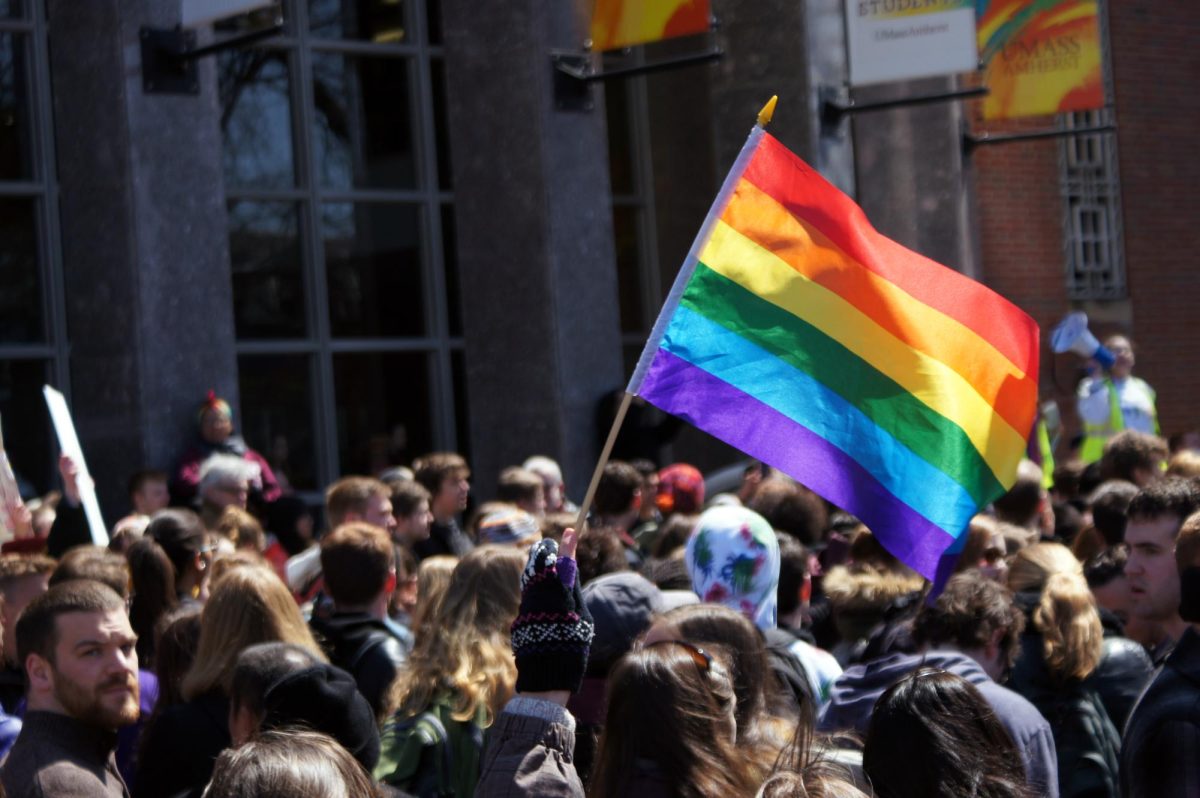
Questions of morality have plagued human beings since the beginning of their existence, and still it seems that we can’t come to an agreement on what is right and what is wrong. We all have a fuzzy idea of what these words mean, but their interpretation varies culture to culture, and can even change in the mind of one person over his or her lifetime. Some see morality in black and white, others in shades of grey; some look to turn the other cheek when wronged, whereas others seek revenge. Needless to say, we all have our own perceptions of morality, and whether we come together despite our differences or let them irreparably divide us appears to be the biggest dilemma of them all.
Two of the most well known attempts at moral codification are Hammurabi’s Code – better known as “an eye for an eye” and the “turn the other cheek” doctrine espoused by Jesus in the Sermon on the Mount. Both of these codes have flaws, and practicing either one to the letter seems extreme. Parts of Hammurabi’s Code are unnecessarily brutal, while turning the other cheek may enable nasty behavior by letting offenders off the hook. Today the question still looms as to who dictates the parameters of justice in society. Is it the peacemakers or the avengers?
The United States seems to be particularly confused on this topic in regards to capital punishment. Other Western countries – the bulk of which do not have the death penalty – view the U.S. as barbaric, even rogue, for allowing it. I think it’s fair to say that in a perfect world, a case can be made for capital punishment. Few people would argue against the execution of someone like Adolf Hitler or Pol Pot. Most people think that the execution of a psychopathic serial killer is also justified. But this world is far from perfect, and while there have been cases where capital punishment seems right, many more seem to result in public outrage.
It appears that Hammurabi’s Code is not quite as simple as “an eye for an eye.” But neither is Gandhi’s altruistic response, that an eye for an eye makes the whole world blind. Sometimes it seems the only correct course of action is retribution, Babylonian style.
In a July 2011 New York Times editorial titled “Justice? Vengeance? You Need Both,” Thane Rosenbaum claims that, regardless of the supposed civility of modern laws, “the actual difference between vengeance and justice is not as great as people think.” He argues that people are “hard-wired for vengeance,” and that when our judicial system fails, victims feel unsatisfied with the results.
One of the people Rosenbaum examines is Anders Behring Breivik, the man responsible for the deaths of 77 people in Norway last summer, most of whom were teenagers attending a summer camp. Breivik’s trial starts this week and is thorny considering Norway’s justice system, where the maximum prison sentence is 21 years, and there is no capital punishment.
Breivik will only face lifetime incarceration if he is found to be insane and forced into mental health care. If Breivik, 33, is found guilty but not insane, he will be out of prison in his mid-50s. To many, that hardly seems like justice at all, especially when coupled with the threat of further acts of terrorism from Breivik, whose crime was coordinated in order to market his xenophobic manifesto titled “2083: A European Declaration of Independence.”
What qualifies as justice in this situation? Rosenbaum thinks that justice will not have been delivered even if Breivik is punished to the full extent of Norwegian law, suggesting that the only recompense is his death.
Reactions to Rosenbaum’s article in the form of letters were fierce and varied. Some people writing from Europe criticized Rosenbaum—and the United States—for seeing any justice in capital punishment. Lee Newberg of Albany, New York, said, “a world with civil liberties, due process and second chances is much better than one without, even though it sometimes fails to deliver the vengeance we want.” A final letter-writer, Oren M. Spiegler, of Upper St. Clair, Pa., calls Norway’s justice system “criminal-coddling” and “stunningly lenient.”
Whether you agree with Rosenbaum or not, this case raises divisive and decisive moral questions. In this instance, I am inclined to agree with Rosenbaum’s lament that Breivik will not face capital punishment. While Newberg is right in that civil liberties and due process must be respected in all cases, it’s fair to say that some offenders (the “worst of the worst”) are beyond reform and pose such an enormous threat to society that the only guarantor of public safety is their execution. The next step down is lifetime imprisonment with no chance of parole. In Norway, neither of these are options, leading some to think that there is no hope for justice.
The Breivik case serves only as an example to highlight the greater moral distinction between justice and forgiveness. These opposing forces need not always be mutually exclusive, but they often are.
Many an internet personality test asks, “What is better, to be merciful or just?” The answer, it seems, depends on whom one is delivering mercy or justice to and in what context. It is for this reason that many strict, black and white moral codes ultimately fail in providing adequate options for the multitude of moral dilemmas that may arise in a lifetime, let alone all of time.
Hannah Sparks is a Collegian columnist. She can be reached at [email protected].



















matt • Apr 20, 2012 at 2:29 pm
“He argues that people are “hard-wired for vengeance,” and that when our judicial system fails, victims feel unsatisfied with the results.”
But the norwegians dont want that kind of vengeance, thus humans are not hard wired for vengeance. Its quite clear that humans brought up in a culture that supports vengeance will demand it; thus, the difference between what americans and what norwegians want is culture.
Also, in Norway, he can be incarcerated until his last breath if he is deemed a continued threat.
Kristjan Molstad • Apr 20, 2012 at 3:57 am
Your “no hope for justice” conclusion is based on wrong facts. You wrote: “Breivik will only face lifetime incarceration if he is found to be insane and forced into mental health care. If Breivik, 33, is found guilty but not insane, he will be out of prison in his mid-50s. ”
Well, this is wrong. If found sane, Breivik could (and surely will) face a maximum 21-year prison sentence PLUS an alternate custody arrangement called “forvaring”, that would keep him locked up as long as he is considered a menace to society. Thus, his sentence can be prolonged indefinately.
As to the death penalty, we abolished it 110 years ago – and I don’t want it back. The consequenses in the event of a miscarriage of justice are literally fatal, it’s more expensive than lifetime imprisonment, and our society has just moved on.
Yes, this man is “the worst of the worst”, but I’d rather see him locked up for the rest of his life than granting him what he himself would surely consider to be martyrdom.
Ben • Apr 19, 2012 at 4:02 pm
> I think it’s fair to say that in a perfect world, a case can be made for capital punishment.
In a perfect world, presumably we wouldn’t have crime. But even in a world where capital punishment wasn’t racist in its application and where it didn’t lead to innocent people being executed, there would still be reasons to oppose it.
> The United States seems to be particularly confused on this topic in regards to capital punishment. Other Western countries – the bulk of which do not have the death penalty – view the U.S. as barbaric, even rogue, for allowing it.
While allowing capital punishment does make us look bad, it’s ultimately mostly a cosmetic issue. The real issue (and the area where we’re really barbarians) is the rate at which we imprison people.